Photographs Of Mars Taken By The Indian Mars Orbiter Mission, Which Has Been Orbiting The Planet Since
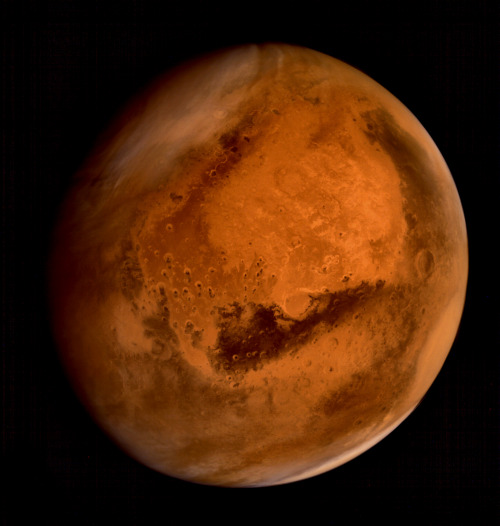
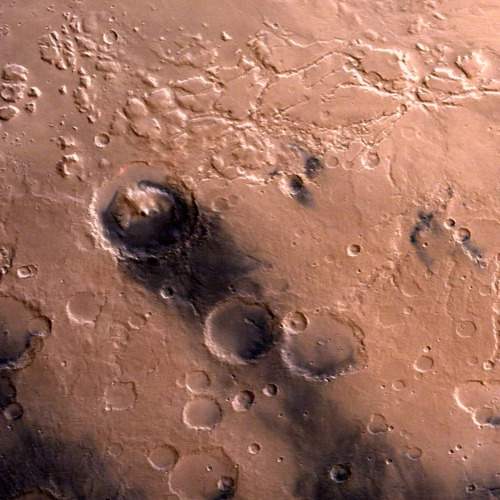
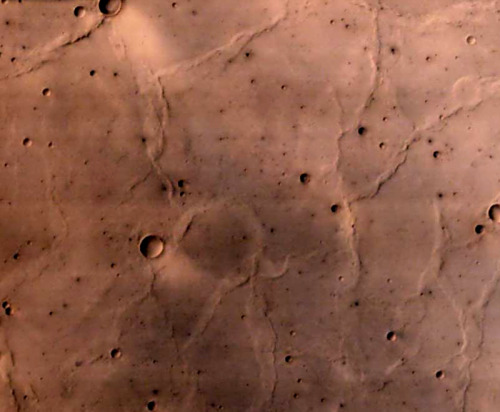
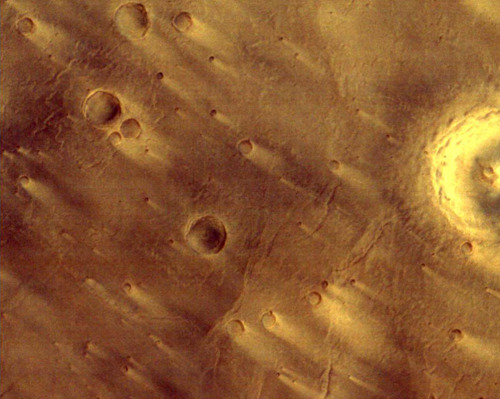
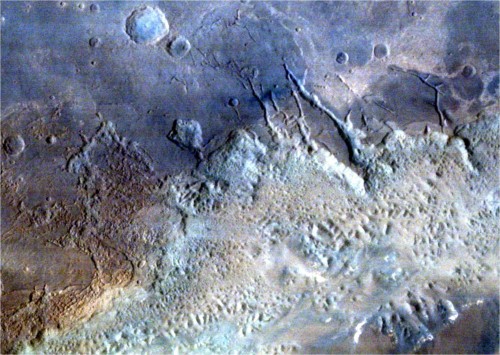
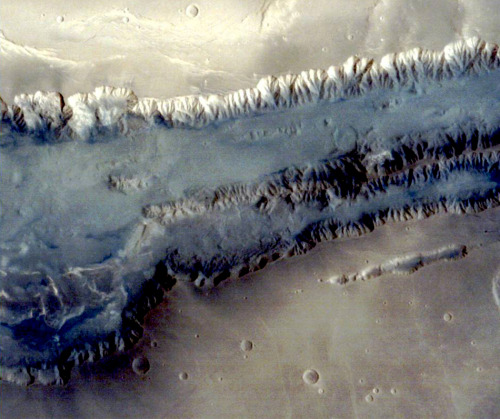
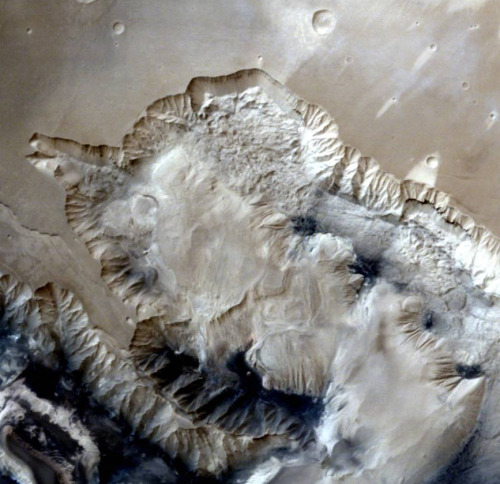
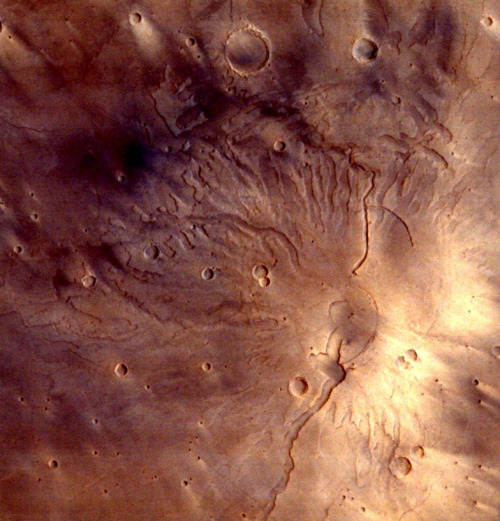
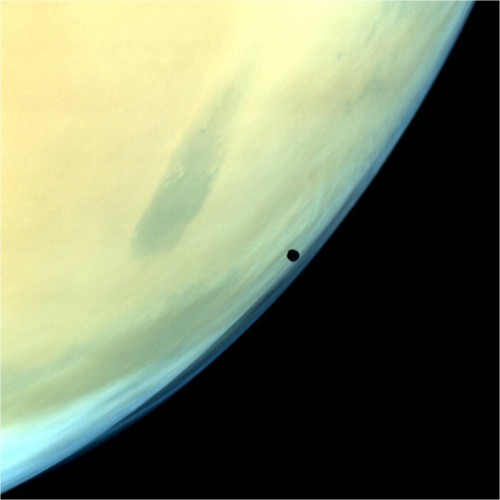
Photographs of Mars taken by the Indian Mars Orbiter Mission, which has been orbiting the planet since September 2014. Can you imagine our descendants colonizing this world?
More Posts from Inter-stellxr-blog and Others

We are not allowed to collect water from Mars. The Outer Space Treaty of 1967 forbids every nation in the world from sending humans or robots near celestial water sources for fear of contaminating them with life from Earth. Source




Kennedy Space Center | by North Sky Photography
Facebook | Instagram | 500px | Tumblr | Society 6

NASA in the 1970s expected to process the Space Shuttle after flights quickly, like an airliner. It didn’t work out that way.
Keep reading

reblog if you want anons but in reality no one is going to send you anything and will just reblog this
10 Intriguing Worlds Beyond Our Solar System
In celebration of the 20th anniversary of the first confirmed planet around a sun-like star (aka exoplanet), a collection of some interesting exoplanets has been put together. Some of these are rocky, some are gaseous and some are very, very cold. But there’s one thing each these strange new worlds have in common: All have advanced scientific understanding of our place in the cosmos. Check out these 10 exoplanets, along with artist’s concepts depicting what they might look like. For an extended list of 20 exoplanets, go HERE.
1. Kepler-186f

Kepler-186f was the first rocky planet to be found within the habitable zone – the region around the host star where the temperature is right for liquid water. This planet is also very close in size to Earth. Even though we may not find out what’s going on at the surface of this planet anytime soon, it’s a strong reminder of why new technologies are being developed that will enable scientists to get a closer look at distance worlds.
More Info
2. HD 209458 b (nickname “Osiris”)

The first planet to be seen in transit (crossing its star) and the first planet to have it light directly detected. The HD 209458 b transit discovery showed that transit observations were feasible and opened up an entire new realm of exoplanet characterization.
More info
3. Kepler-11 system

This was the first compact solar system discovered by Kepler, and it revealed that a system can be tightly packed, with at least five planets within the orbit of Mercury, and still be stable. It touched off a whole new look into planet formation ideas and suggested that multiple small planet systems, like ours, may be common.
More info
4. Kepler-16b

A real-life “Tatooine,” this planet was Kepler’s first discovery of a planet that orbits two stars – what is known as a circumbinary planet.
More info
5. 51 Pegasi b

This giant planet, which is about half the mass of Jupiter and orbits its star every four days, was the first confirmed exoplanet around a sun-like star, a discovery that launched a whole new field of exploration.
More info
6. CoRoT 7b

The first super-Earth identified as a rocky exoplanet, this planet proved that worlds like the Earth were indeed possible and that the search for potentially habitable worlds (rocky planets in the habitable zone) might be fruitful.
More info
7. Kepler-22b

A planet in the habitable zone and a possible water-world planet unlike any seen in our solar system.
More info
8. Kepler-10b

Kepler’s first rocky planet discovery is a scorched, Earth-size world that scientists believe may have a lava ocean on its surface.
More info
9. Kepler-444 system

The oldest known planetary system has five terrestrial-sized planets, all in orbital resonance. This weird group showed that solar systems have formed and lived in our galaxy for nearly its entire existence.
More info
10. 55 Cancri e

Sauna anyone? 55 Cancri e is a toasty world that rushes around its star every 18 hours. It orbits so closely – about 25 times closer than Mercury is to our sun – that it is tidally locked with one face forever blistering under the heat of its sun. The planet is proposed to have a rocky core surrounded by a layer of water in a “supercritical” state, where it is both liquid and gas, and then the whole planet is thought to be topped by a blanket of steam.
More info


Wernher von Braun’s space station concept in Collier’s, March 22, 1952 - (source)






Mostly Mute Monday: The Glory of Saturn’s Rings
“Saturn is remarkable in a number of ways; among all the planets we know of, it’s the least dense, and also the only one with a spectacularly visible set of rings. Composed of icy, dust-like material, these rings are not solid at all, but made up of particles that pass each other, stick together briefly and then fly apart once again.
Snowballs and planetesimals coalesce, only to be torn apart by tidal forces exerted by Saturn and its passing moons. Gaps in the inner rings are caused by the gravitational presence of moons themselves, while many of the outer rings — like Saturn’s E-ring, below — are actually caused by the moons themselves.”
From their discovery in the 1600s, Saturn’s rings have been a source of wonder and puzzlement to skywatchers everywhere. The only ring system visible through most telescopes from Earth, Saturn’s main rings at more than 70,000 km long, yet no more than 1 km in thickness. Once thought to have only two gaps in them, the Cassini spacecraft has revealed over a thousand, teaching us that Saturn’s rings are likely as old as the planet itself, and will likely continue to exist for as long as our Sun shines.



(photos by Robdogbird)
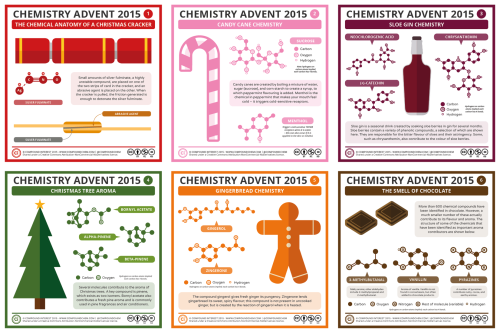
Six days into the Chemistry Advent Calendar! Missed any so far? Catch up here: http://www.compoundchem.com/2015advent/
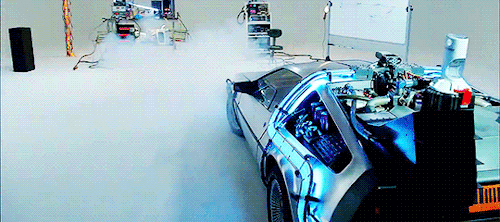

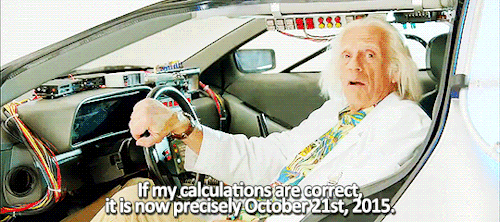



Thanks, Doc
-
 illusiveconsensus13 reblogged this · 3 years ago
illusiveconsensus13 reblogged this · 3 years ago -
 sergio339 liked this · 6 years ago
sergio339 liked this · 6 years ago -
 blueblueyedgirl reblogged this · 7 years ago
blueblueyedgirl reblogged this · 7 years ago -
 lupascu liked this · 7 years ago
lupascu liked this · 7 years ago -
 justsimpleappreciation liked this · 7 years ago
justsimpleappreciation liked this · 7 years ago -
 velociraptorinatrenchcoat liked this · 7 years ago
velociraptorinatrenchcoat liked this · 7 years ago -
 becksy-blog1 liked this · 7 years ago
becksy-blog1 liked this · 7 years ago -
 the-witch-in-silence liked this · 7 years ago
the-witch-in-silence liked this · 7 years ago -
 neo-dream liked this · 7 years ago
neo-dream liked this · 7 years ago -
 ecarrete22404-blog liked this · 7 years ago
ecarrete22404-blog liked this · 7 years ago -
 lunarwolfrose liked this · 8 years ago
lunarwolfrose liked this · 8 years ago -
 orange15quote liked this · 8 years ago
orange15quote liked this · 8 years ago -
 derpassmuthafucka reblogged this · 8 years ago
derpassmuthafucka reblogged this · 8 years ago -
 nomorespace reblogged this · 8 years ago
nomorespace reblogged this · 8 years ago -
 phreemessendoubts liked this · 8 years ago
phreemessendoubts liked this · 8 years ago -
 toxicteenagewastelands liked this · 8 years ago
toxicteenagewastelands liked this · 8 years ago -
 bellybeambeorge liked this · 8 years ago
bellybeambeorge liked this · 8 years ago -
 games-for-gamers liked this · 8 years ago
games-for-gamers liked this · 8 years ago -
 comet-crazy-blog reblogged this · 8 years ago
comet-crazy-blog reblogged this · 8 years ago -
 npmyb liked this · 8 years ago
npmyb liked this · 8 years ago -
 jauregui62796 liked this · 8 years ago
jauregui62796 liked this · 8 years ago -
 sepher-ha-zohar reblogged this · 8 years ago
sepher-ha-zohar reblogged this · 8 years ago -
 aizawasprimarybabymama liked this · 8 years ago
aizawasprimarybabymama liked this · 8 years ago -
 mariancelestina liked this · 8 years ago
mariancelestina liked this · 8 years ago -
 limecircles liked this · 8 years ago
limecircles liked this · 8 years ago -
 resolvedandready liked this · 8 years ago
resolvedandready liked this · 8 years ago -
 w0jt liked this · 8 years ago
w0jt liked this · 8 years ago -
 b-mdt reblogged this · 8 years ago
b-mdt reblogged this · 8 years ago -
 beesndbears reblogged this · 8 years ago
beesndbears reblogged this · 8 years ago -
 ghostfriut reblogged this · 8 years ago
ghostfriut reblogged this · 8 years ago -
 seed-vault liked this · 8 years ago
seed-vault liked this · 8 years ago -
 the-brave-archer liked this · 8 years ago
the-brave-archer liked this · 8 years ago -
 wolvesandravens13 reblogged this · 8 years ago
wolvesandravens13 reblogged this · 8 years ago -
 speedotorpeedo liked this · 8 years ago
speedotorpeedo liked this · 8 years ago -
 dyminnie liked this · 8 years ago
dyminnie liked this · 8 years ago
"I don't know who will read this. I guess someone will find it eventually. Maybe in a hundred years or so." -Mark Watney
174 posts